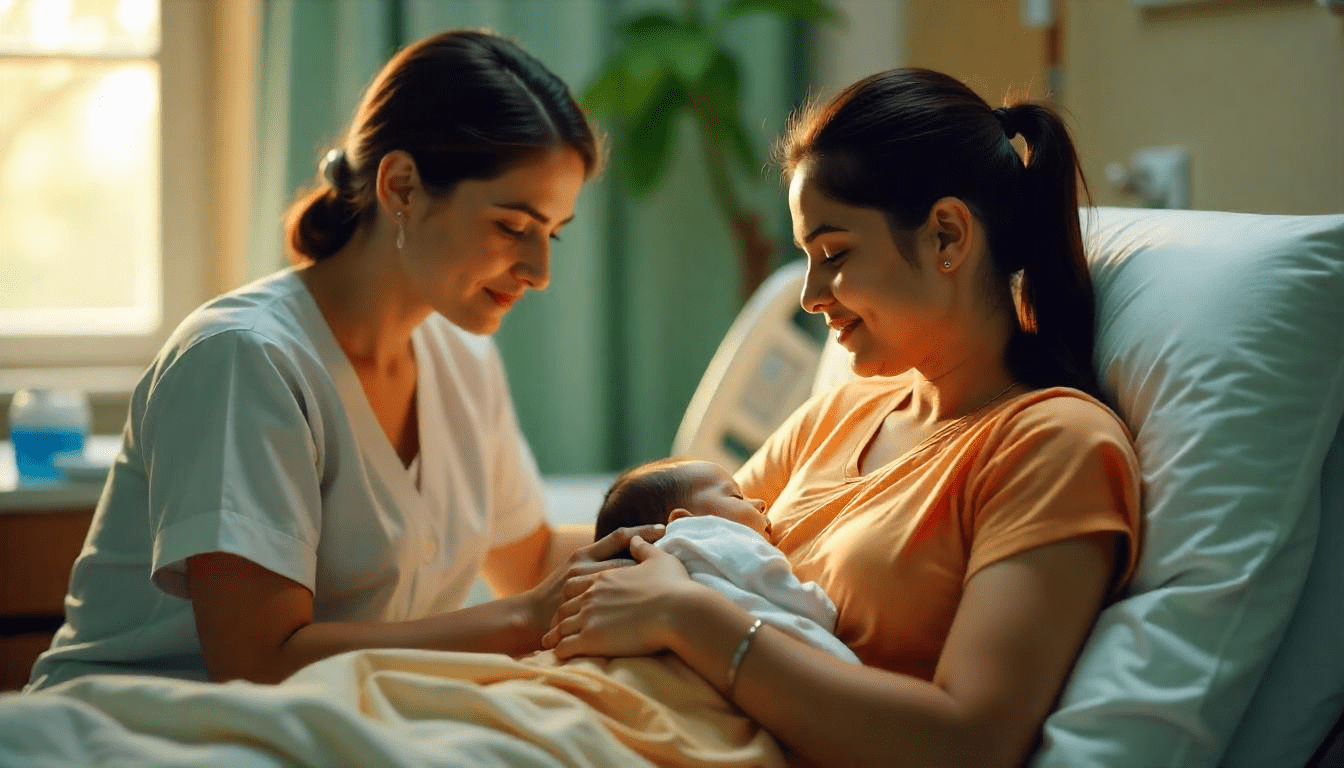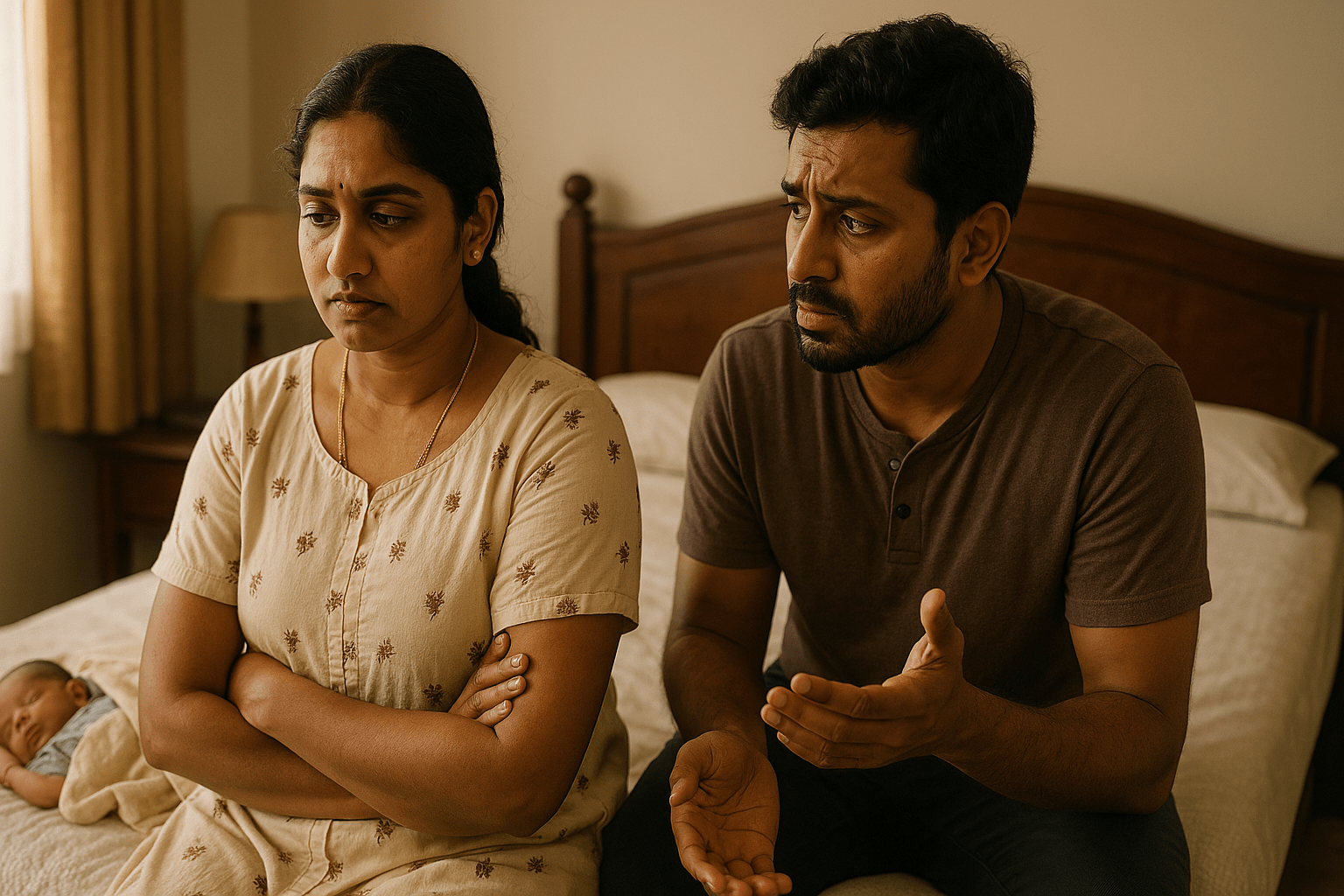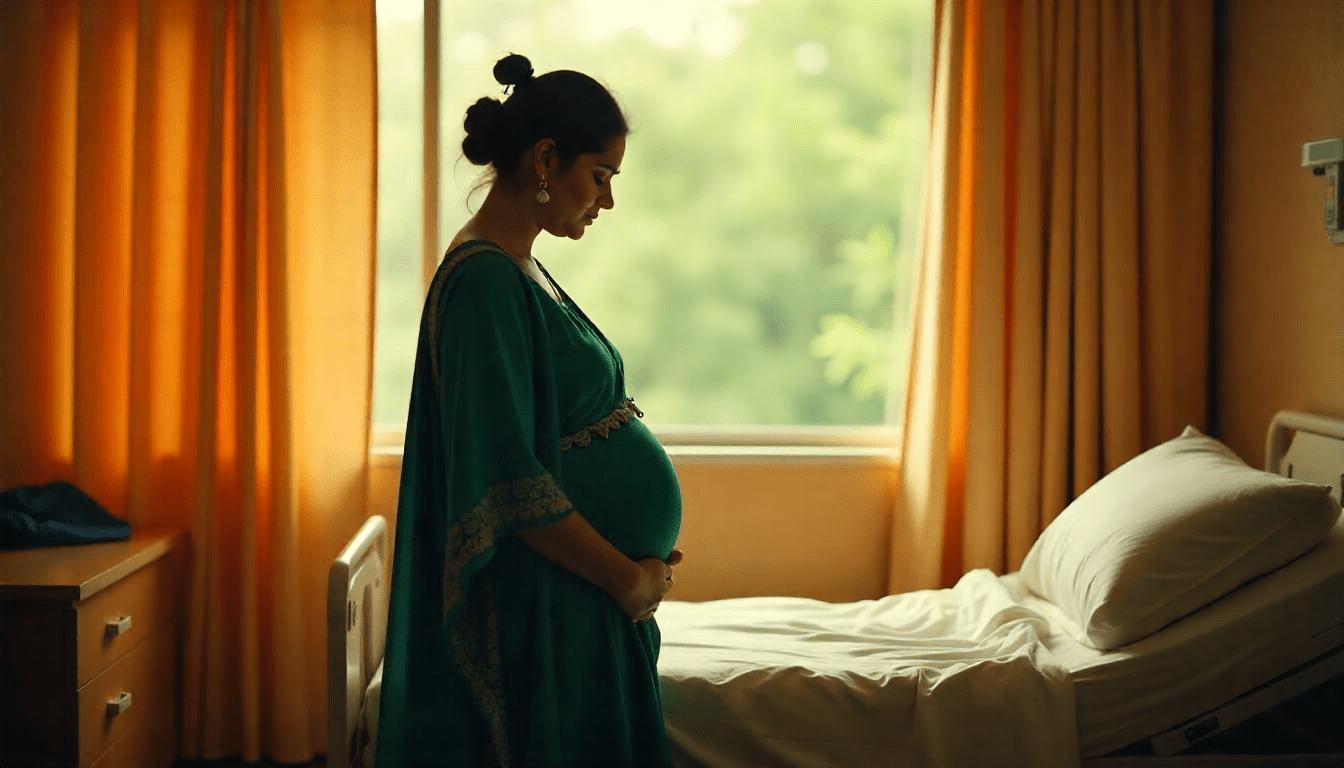Understanding Postpartum Hair Loss
Postpartum hair loss is a common experience for many new mothers. After giving birth, hormonal changes can lead to an increase in hair shedding, which can be alarming. Many women notice that their hair becomes thinner or falls out more than usual in the months following childbirth. Understanding postpartum hair loss treatment options is essential for regaining your confidence and managing this temporary phase.
Why Does Postpartum Hair Loss Happen?
During pregnancy, elevated levels of hormones such as estrogen cause hair to stay in its growth phase longer, leading to thicker hair. After childbirth, hormone levels drop rapidly, causing many hair strands to enter the shedding phase. This hormonal shift can occur within the first few months postpartum, causing noticeable hair loss.
Additionally, factors such as stress, lack of sleep, and nutritional deficiencies during this period can contribute to hair thinning. New moms often juggle multiple responsibilities, making good self-care practices even more important.
Effective Postpartum Hair Loss Treatments
There are several approaches you can take to combat postpartum hair loss and promote healthier hair growth.
Nutritional Support
A balanced diet plays a vital role in maintaining hair health. Including foods rich in vitamins and minerals can support post-pregnancy recovery, including hair restoration.
- Biotin-rich foods: Eggs, nuts, and leafy greens can enhance hair growth.
- Iron sources: Lean meats, beans, and spinach are essential to prevent hair shedding.
- Omega-3 fatty acids: Incorporate fish like salmon and flaxseeds to boost scalp health.
Topical Treatments
Several topical solutions can help with postpartum hair loss treatment.
- Minoxidil: This over-the-counter treatment may help promote hair regrowth. Consult a doctor before starting it, especially if you are breastfeeding.
- Essential oils: Oils such as rosemary or peppermint can stimulate hair follicles. You can dilute them with a carrier oil and apply them to the scalp.
Lifestyle Changes
Adopting healthy lifestyle habits can also make a significant difference in addressing postpartum hair loss.
- Stress management: Engage in activities like yoga, meditation, or gentle exercise to help reduce stress.
- Adequate sleep: Try to get as much rest as possible, even if it’s in short bursts. Quality sleep is crucial for recovery.
- Hydration: Drink plenty of water to keep your body and scalp hydrated, which is essential for hair health.
When to Seek Professional Help
If your postpartum hair loss continues excessively or worsens after six months, it may be best to consult a healthcare professional. They can pinpoint any underlying issues, such as thyroid problems or nutritional deficiencies, and recommend suitable postpartum hair loss treatments tailored to your individual needs.
Visiting a dermatologist can also provide guidance on treatments and hair care suited for your specific situation. They may suggest professional-grade topical treatments, vitamin supplements, or other therapies to help manage hair loss effectively.
Conclusion
Postpartum hair loss can be distressing, but understanding the reasons behind it and exploring effective treatments can help you regain your confidence. By focusing on nutritional support, topical treatments, and lifestyle changes, many women successfully navigate this challenging phase.
If you’re concerned about persistent hair loss, don’t hesitate to seek professional help. Taking the right steps can lead to healthy hair regrowth and a smoother transition into motherhood. Share your experiences or ask questions below; your journey matters!





